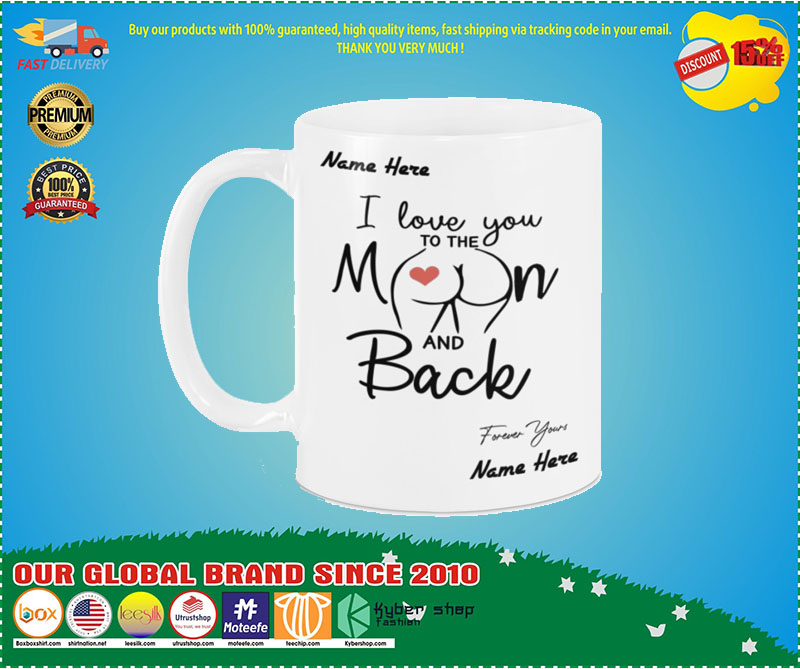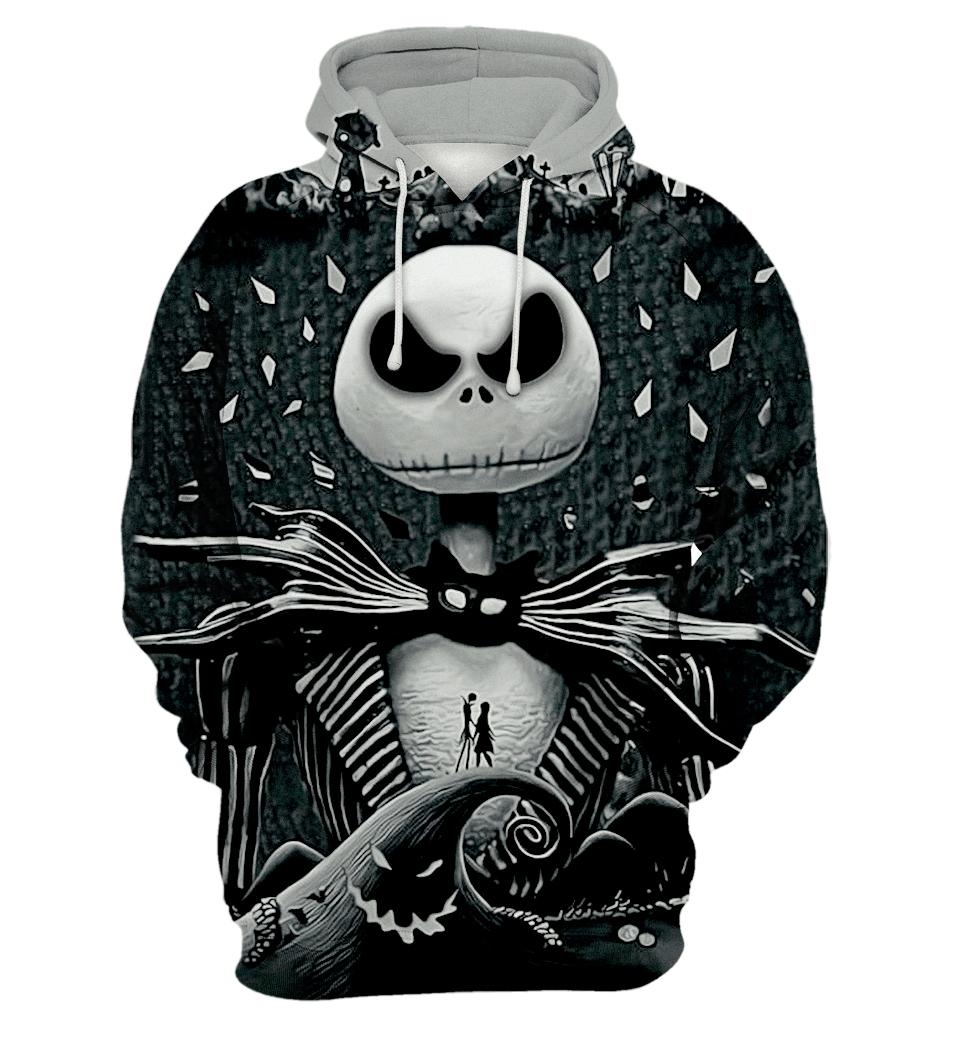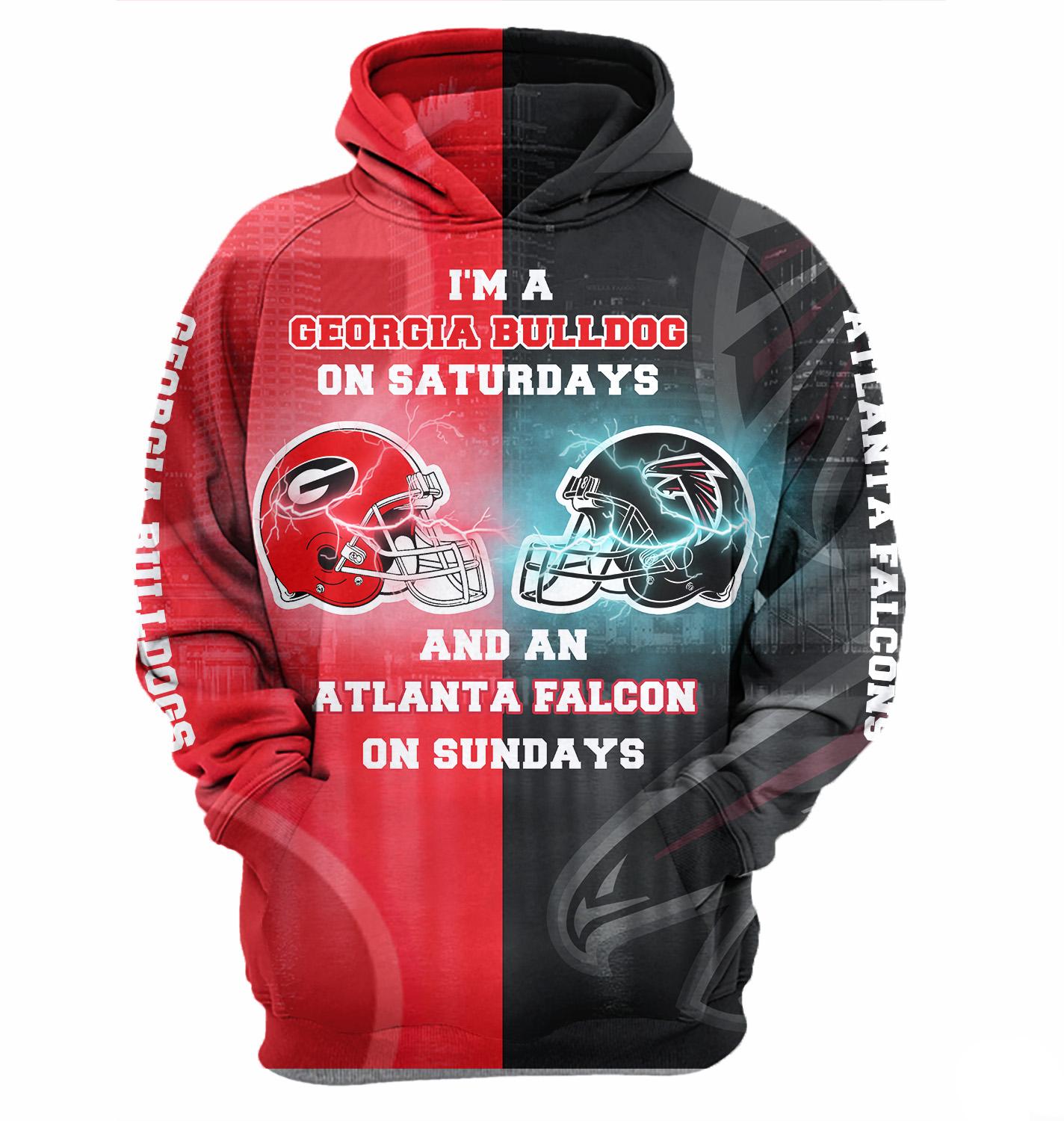Nowadays, I love you to the moon and back forever your custom name mug help customers to have a good appearance. Not only work environment but also hangout purpose. Indeed, T-shirts are attributes of good materials, which made from the foremost comfy and highest quality materials. It gives positive emotion including soft and comfortable and also amazing colors bright. Which allow you to tricky or dazzling attain the desired achievement.
I love you to the moon and back forever your custom name mug
Most children I love you to the moon and back forever your custom name mug who live in orphanages are not orphans; four out of five children in orphanages have at least one living parent and most having some extended family. Developing countries and their governments rely on kinship care to aid in the orphan crisis because it is cheaper to financially help extended families in taking in an orphaned child than it is to institutionalize them. Additionally, developing nations are lacking in child welfare and their well-being because of a lack of resources. Research that is being collected in the developing world shows that these countries focus purely on survival indicators instead of a combination of their survival and other positive indicators like a developed nation would do. This speaks to the way that many developed countries treat an orphan crisis, as the only focus is to obtain a way to ensure their survival. In the developed nations orphans can expect to find not only a home but also these countries will try and ensure a secure future as well.
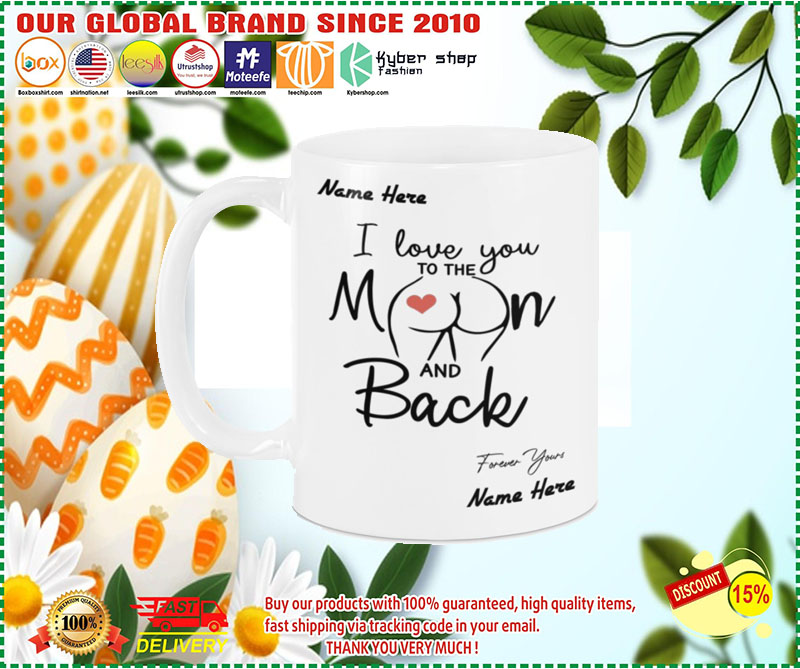
Do you love I love you to the moon and back forever your custom name mug ?
Clamour for change led to the I love you to the moon and back forever your custom name mug birth of the orphanage movement. In England, the movement really took off in the mid-19th century although orphanages such as the Orphan Working Home in 1758 and the Bristol Asylum for Poor Orphan Girls in 1795, had been set up earlier. Private orphanages were founded by private benefactors; these often received royal patronage and government oversight. Ragged schools, founded by John Pounds and the Lord Shaftesbury were also set up to provide pauper children with basic education.Orphanages were also set up in the United States from the early 19th century; for example, in 1806, the first private orphanage in New York (the Orphan Asylum Society, now Graham Windham) was co-founded by Elizabeth Schuyler Hamilton, widow of Alexander Hamilton, one of the founding fathers of the United States.
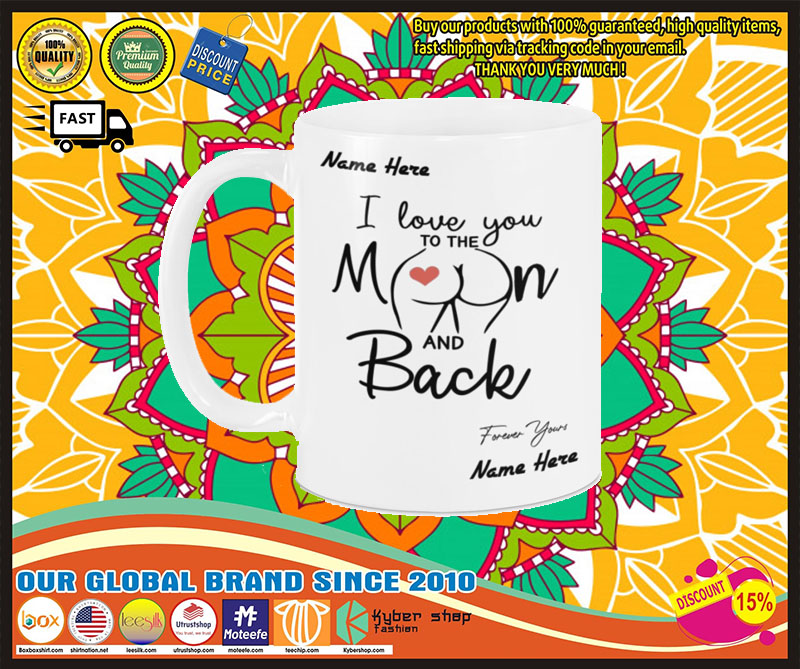
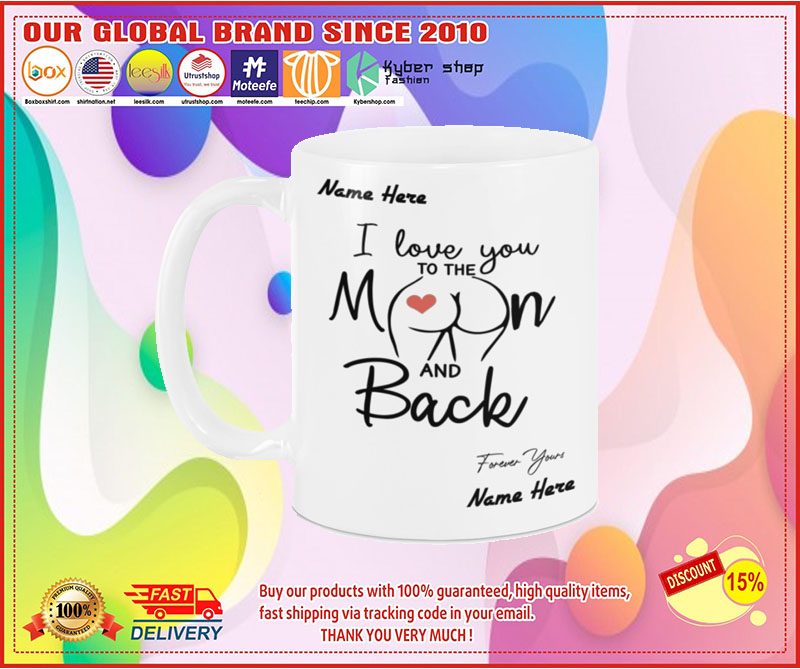
![[LIMITED EDITION] I love you to the moon and back forever your custom name mug [LIMITED EDITION] I love you to the moon and back forever your custom name mug](https://leesilkshop.com/wp-content/uploads/2019/10/logo-leesilk.png)
